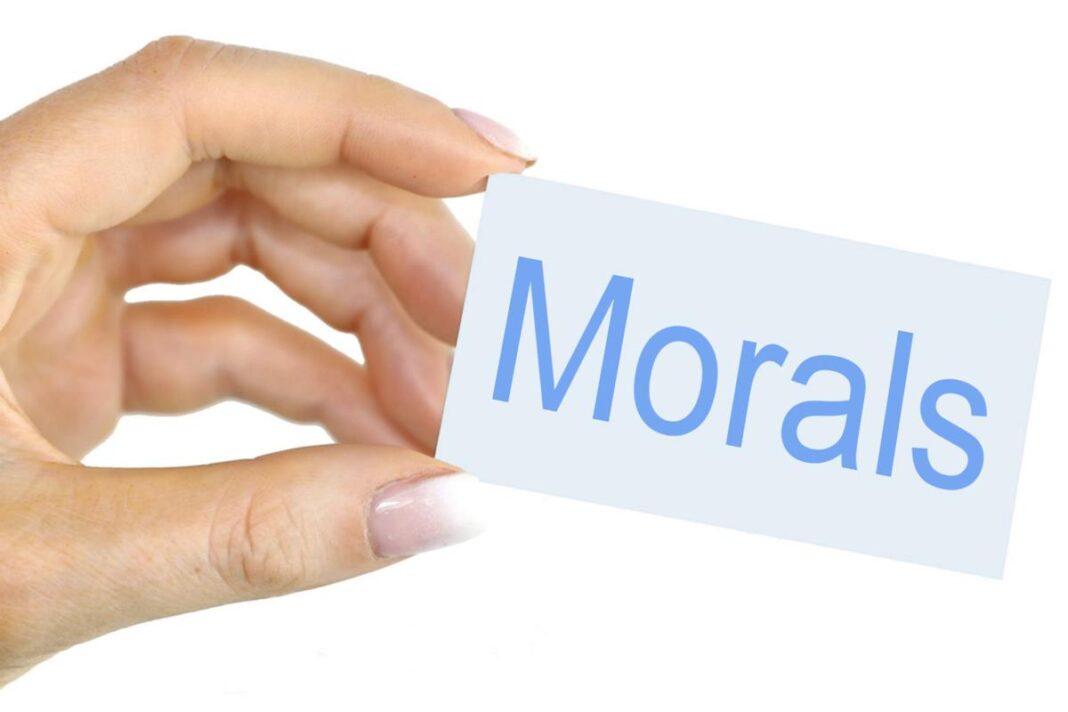Ethics are the guiding principle that determines an individual or a group’s conduct. It is a branch of philosophy that involves the concepts of right and wrong behavior. Ethics help to decide what is justice and crime, virtue and vice based on various rights, obligations, benefits to society, fairness, or specific virtues. They usually impose reasonable restrictions to refrain from stealing, rape, assault, murder, slander, and fraud. They also include standards related to rights, such as the right to life, the right to privacy, etc.
Morals are the social, cultural, religious beliefs and values of an individual or a group, which determines what is right or wrong. Morals include beliefs that are not objectively right but what is considered right for any situation so that what is morally correct may not be objectively correct. Morals are not fixed; they change based on time, society, geographical location, religion, family, and life experiences. But some morals are considered universal.
Key Takeaways
- Ethics are the guiding principles that deal with an individual or a group’s conduct, while morals are the social, cultural, religious beliefs and values that determine what is right or wrong.
- Ethics are a response to a specific situation, and the person himself decides and chooses ethics, whereas morals are general guidelines formed by society, and people have to either accept or reject them.
- Ethics do not change and are uniform to every place and time, while morals change based on societies and cultures and are not uniform.
